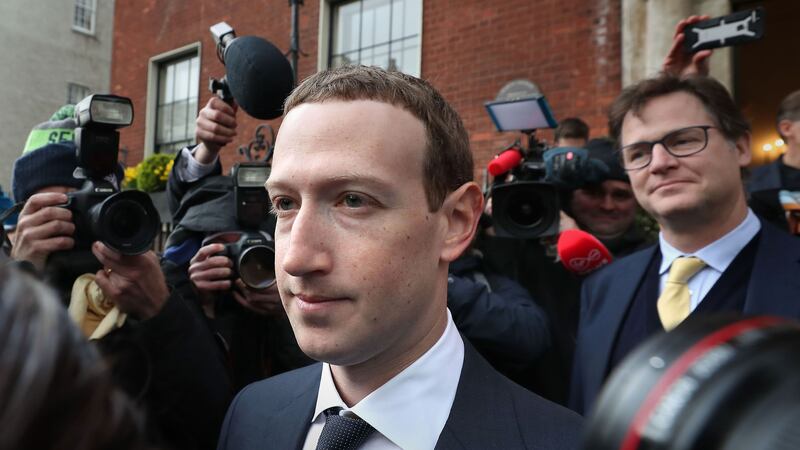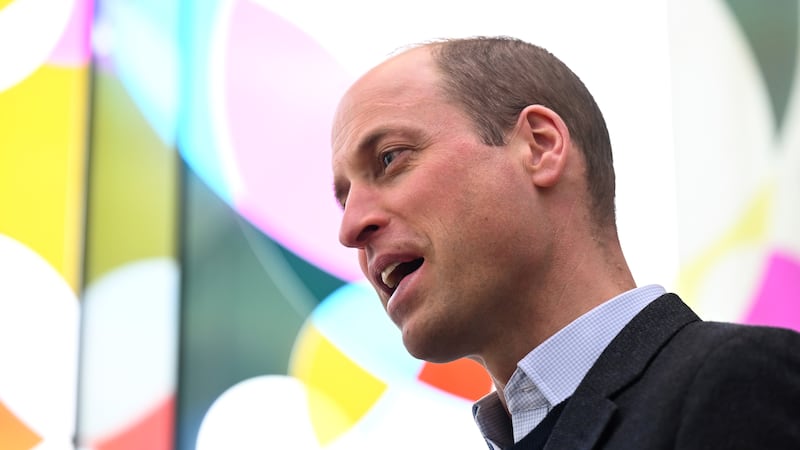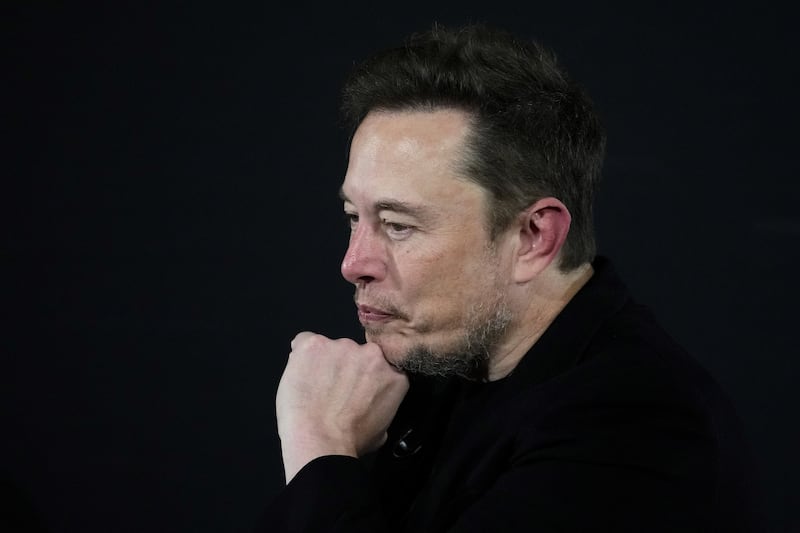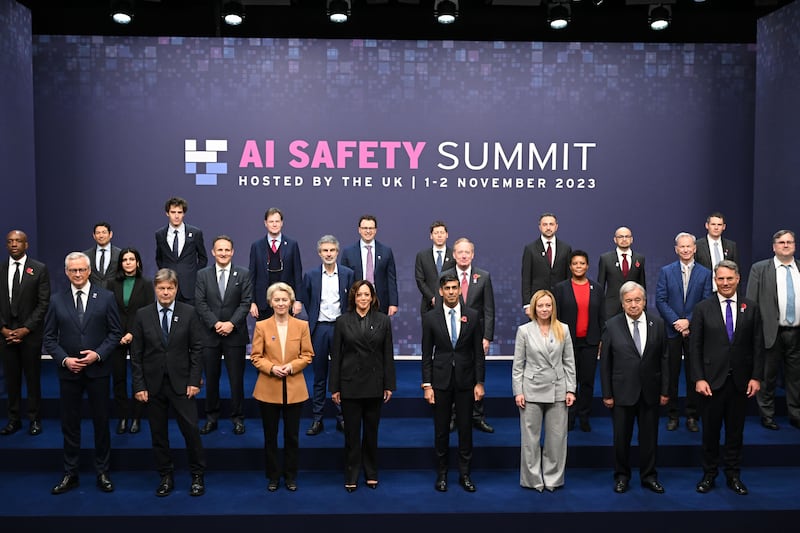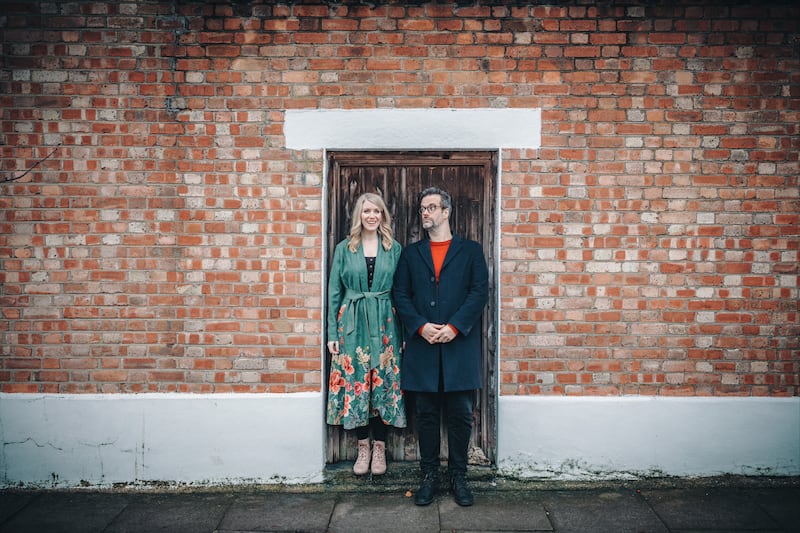Mark Zuckerberg has defended his decision to take meetings with leading conservative figures in the US, following suggestions that the social network’s founder is trying to appease the US government amid scrutiny of the company.
A report by Politico said the Facebook founder had held a series of informal dinners with conservative figures – including politicians and media figures – to discuss free speech and possible partnerships.
The report suggested the meetings were an attempt by the social network’s boss to reduce the feeling held by some American conservatives that social media is biased against them, calling the meetings Mr Zuckerberg’s “effort to cultivate friends on the right”.
It also suggested that Mr Zuckerberg wants to appease the US government in order to prevent it from taking action to break up the firm – which also owns and operates Instagram and WhatsApp.
Following the publication of the report, #DeleteFacebook began trending on social media.
There's some press today discussing dinners I've had with conservative politicians, media and thinkers. To be clear, I…Posted by Mark Zuckerberg on Monday, October 14, 2019
In response to the report, Mr Zuckerberg posted a message to his Facebook profile defending his decision to hold the discussions, arguing that he met with people from across the political spectrum as part of his work.
“There’s some press today discussing dinners I’ve had with conservative politicians, media and thinkers. To be clear, I have dinners with lots of people across the spectrum on lots of different issues all the time,” he said.
“Meeting new people and hearing from a wide range of viewpoints is part of learning. If you haven’t tried it, I suggest you do.”
US President Donald Trump has previously accused Facebook of “censorship” over its removal of right-wing figures from the platform, including conspiracy theorist Alex Jones.
The social network has been at the centre of a debate about political speech online and what its approach should be to monitoring such content.
Last week, US presidential candidate Elizabeth Warren revealed she had paid for a series of Facebook adverts with false claims about Mr Zuckerberg – which she said exposed how the site allowed politicians to make false statements in paid adverts.
Facebook has incredible power to affect elections and our national debate. Mark Zuckerberg is telling employees that he views a Warren administration as an “existential” threat to Facebook. The public deserves to know how Facebook intends to use their influence in this election.
— Elizabeth Warren (@ewarren) October 7, 2019
Ms Warren was highlighting an advertising loophole that means politicians are exempt from the company’s third-party fact-checking programme.
She told her 3.3 million Twitter followers: “Facebook holds incredible power to affect elections and our national debate.
“They’ve decided to let political figures lie to you – even about Facebook itself – while their executives and their investors get even richer off the ads containing these lies.”
Mr Zuckerberg and the social network have also been criticised by MPs over the chief executive’s failure to appear before a House of Commons select committee inquiry into fake news and misinformation online.
